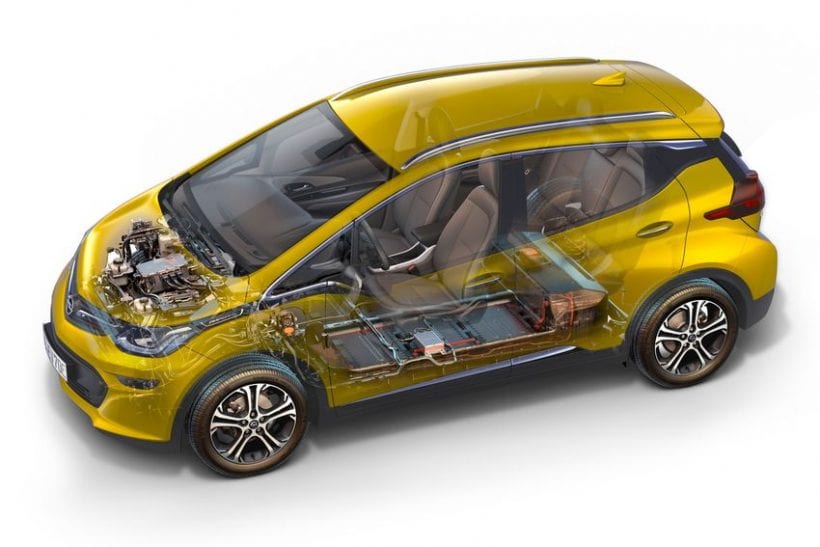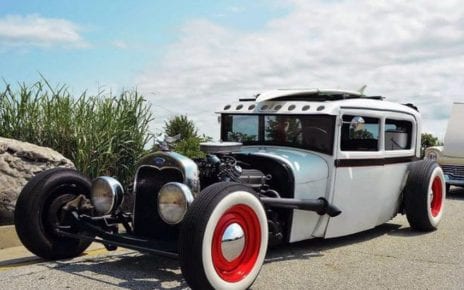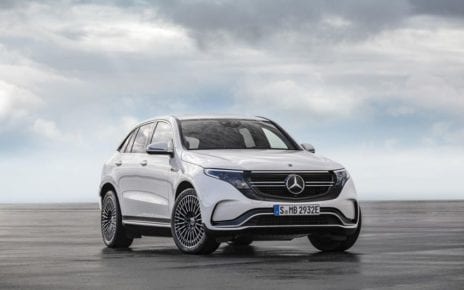In the digital era that we live in, there is no surprise in the fact that the development of energy-efficient technology for the automotive industry is moving at a very rapid pace. Like any other thing nowadays, these kinds of cars come in different shapes and sizes, but the real choice is between hybrid and electric.
The long-dominant era of regular gas or diesel internal-combustion engine cars might come to an end in the near future, as these electric and hybrid vehicles are getting more and more popular.
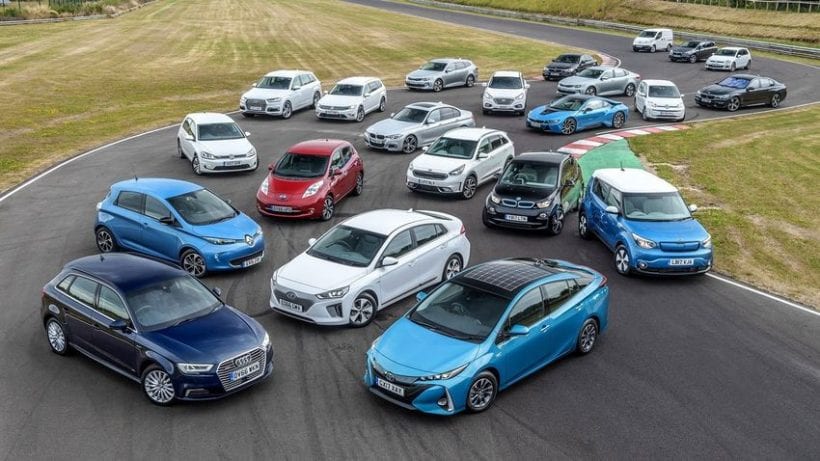
What are these cars and what do they bring that’s new? What’s the difference between them? Let’s take a look.
Hybrid Cars
The simplest way to understand how a hybrid car actually works, is by thinking about a gas or diesel engine, combined with an electric motor. Depending on the amount of throttle given, the car seamlessly switches between the regular motor and the electric one.
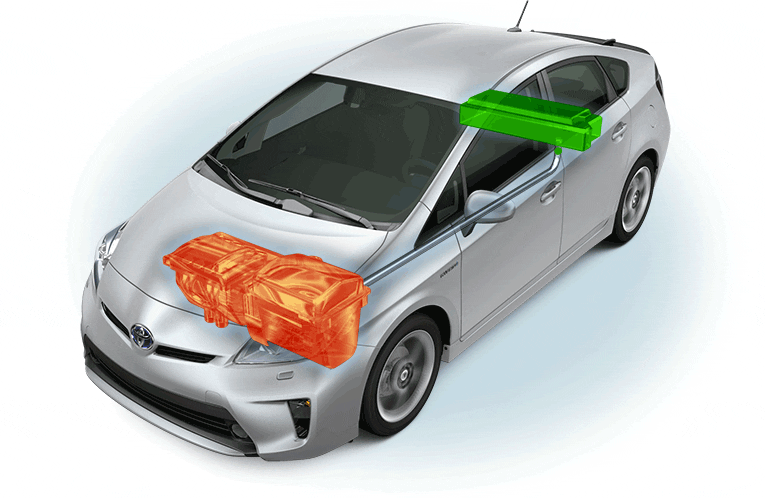
When you’re just cruising around town – the electric motor does all the work. Get out onto the highway and the internal combustion engine takes over.
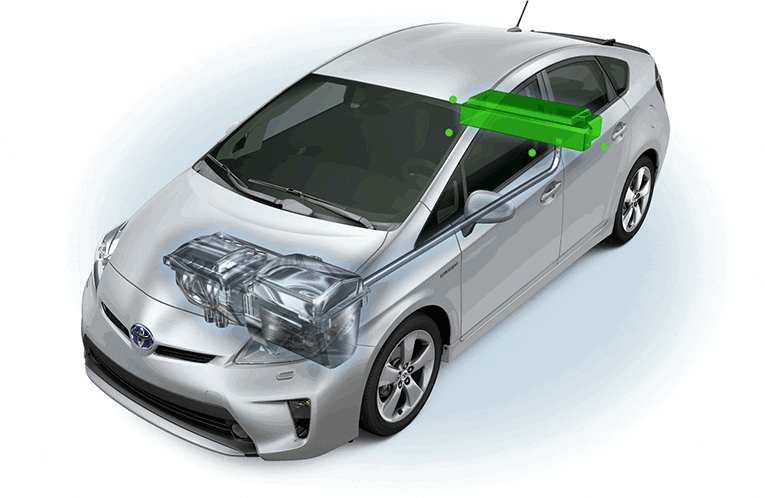
The greatest benefit that this type of vehicle brings, is that compared with traditional cars, hybrids generally consume less fuel and have reduced CO2 emissions when compared to their traditional counterparts. Additionally, they also help alleviate some of the concerns that one might have when it comes to range anxiety in electric vehicles.
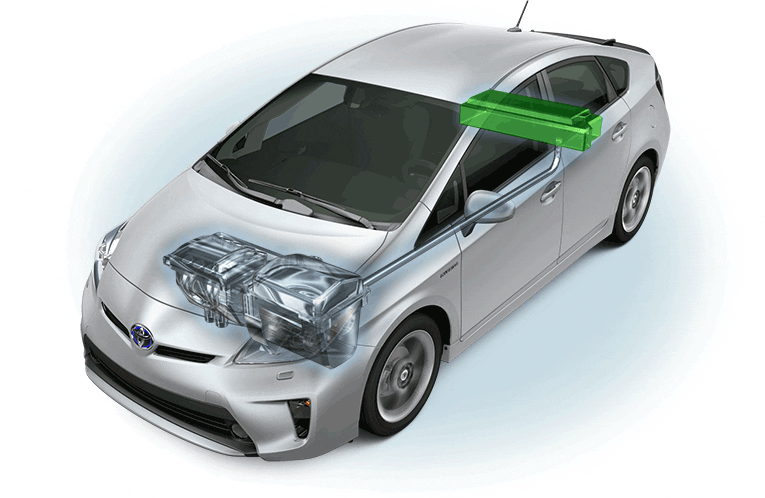
Electric Cars
Some might find it surprising, but electric cars have been around for a very long time – over a hundred years, in fact. At the turn of the 20th century, you had Baker Electrics which was producing electric vehicles with Thomas Edison’s battery technology (In fact, his first electric vehicle was a Baker).
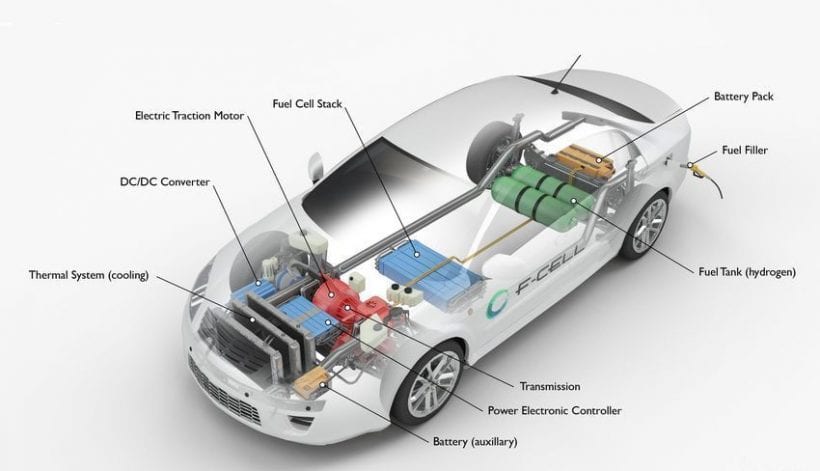
What was the prevalent issue then, was something that also kept more modern electric cars dormant until quite recently – batteries. In the last 10 years, however, with advancements in battery technologies, electric cars have become a viable option for the average consumer.
There are different types of electric cars on the market nowadays, but the most common one is the battery electric vehicle (BEV). This one only needs battery power in order to work and should be recharged every 150-200 miles (even the most recent models).
Hybrid vs. Electric
Now that you have a basic understanding of what these cars are and how they work, we’ll discuss some of their key features and how they differentiate from one another.
The first thing that you should think about when buying a car, in general, is your own safety (along with your occupants) and the kind of technology found in vehicles today is a far cry from those found in vehicles even as little as 15 years ago. In this area, both electric and hybrid cars do very well, as they’ve proved over the years that they are safer than traditional cars in the event of a crash. In fact, many of the most popular electric models (like those made by Tesla) come with autonomous capabilities, the kind of tech that, according to this post, can reduce road fatalities by up to 90%.
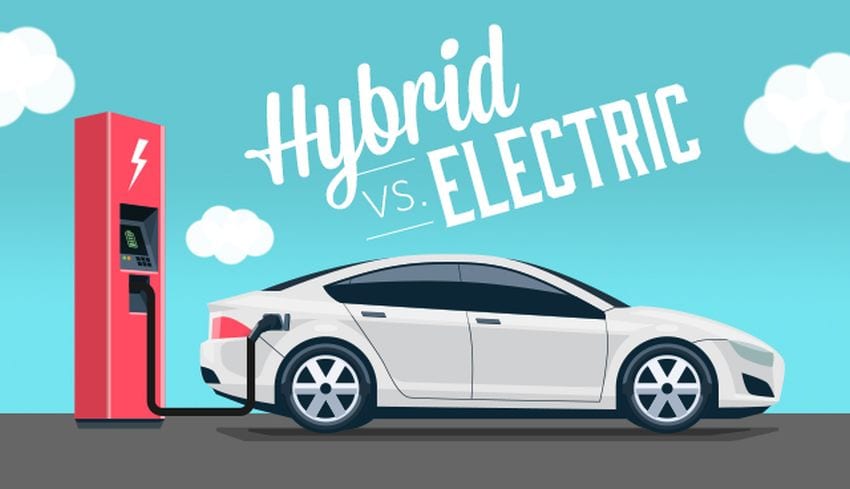
The second thing you should consider, is that if you were to make a choice based on the price alone, you’ll end up paying less for a hybrid car than for an electric one. The good news is that both types of vehicles are environmentally friendly; arguably, hybrids still use internal combustion, but they’re certainly way greener than traditional cars. The other good news that applies to both, is that you’ll be making a saving on the fuel costs, especially with fully electric vehicles.
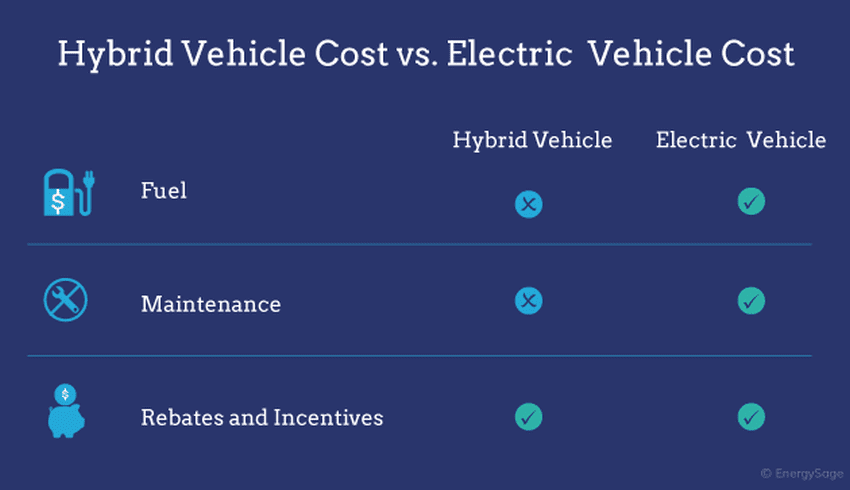
When it comes to electric cars, one of the greatest benefits that they bring, is that they require very little maintenance over the years. For a very long period of time, the only maintenance that you’ll probably have to face is changing the tires. However, it isn’t all rosy when it comes to electric car ownership. One of the major issues currently present is the aspect of refueling. Unless you’re living in an EV friendly state like California, you’ll find that you can’t just refuel anywhere. Additionally, even if you’ve found a charging station, you’ll still have to wait there for some time as it charges your vehicle up. Granted, superchargers are becoming more commonplace, but these are still in the early stages of rollout and are not as commonplace.
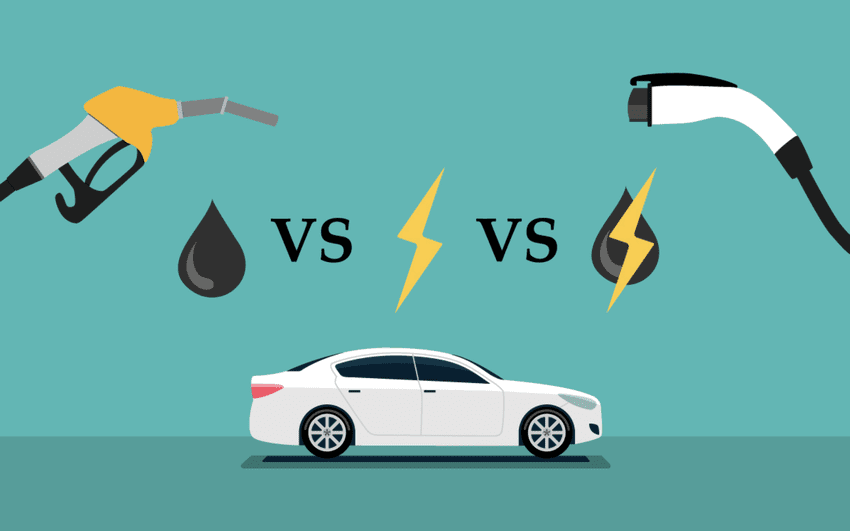
On the one hand, when it comes to hybrid cars, they have a big advantage: you’re able to quickly refuel with gasoline, wherever you are; this way you can take longer trips without having to worry about running out of juice in the battery. On the other hand, since these cars still have a combustion engine, they’ll require the same maintenance just as a traditional car would.
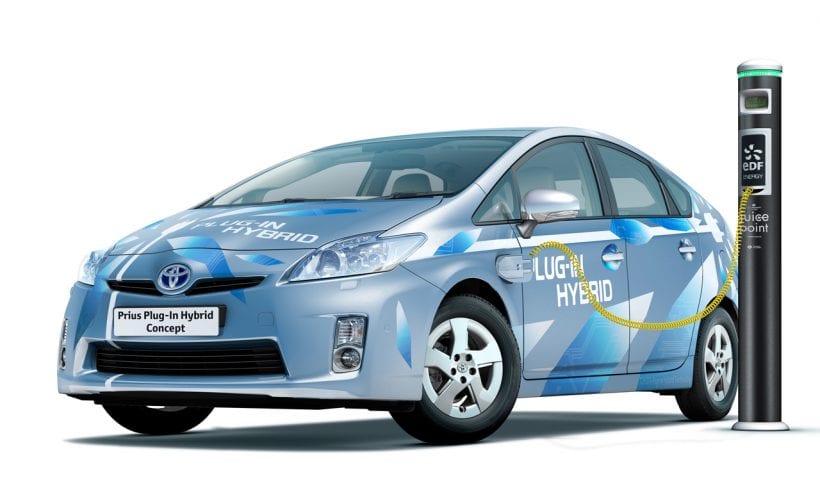
Even though the charging aspect might put a damper on electric car ownership, there is one area where they shine – performance. For those who enjoy their fast cars, the extreme acceleration ability that these cars have can put many cars to shame. For example, the Tesla Model S can go from 0 to 60 mph in just 2.3 seconds – they appropriately call this “Ludicrous Mode”. And this is just the beginning when it comes to speedy electric cars, all thanks to seeimingly constant breakthroughs in battery technology.
New Technologies
The progress made in the automotive industry is incredible, but that certainly doesn’t mean that it’s stopping here. New technologies are being tested and invented every day, so we can only hope for better results in the future.
One of the most promising technologies that might take over the industry, are fuel cells (FCV). Honda presented a fuel cell concept vehicle that is able to refuel in three minutes when hydrogen is dispensed. This model would be able to travel almost 483 kilometers, which is an obvious improvement from the original model released by Honda back in 2008.
There is little doubt that the automotive industry has come a very long way in a relatively short period of time. Yes, we know that electric technology has been around since the turn of the last century, but it wasn’t really until the last 10 or so years that we have truly seen what they are capable of. And the more people start to change over to either hybrid and electric, the closer we will get to the goal of making our planet cleaner and greener.

